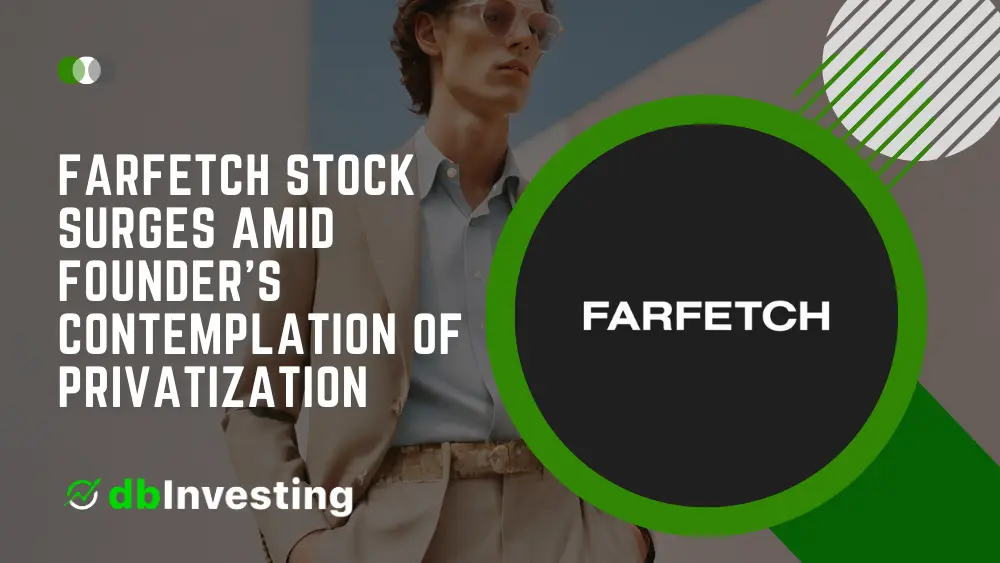Hui Ka Yan, the visionary behind the real estate giant known as China Evergrande, once stood as a symbol of China’s economic promise. His ambitious pledge to transform rural villages into bustling metropolises with middle-class amenities catapulted him into the ranks of China’s wealthiest individuals. He enjoyed close associations with top government officials and even marked the Communist Party’s centenary celebration in 2021 at the iconic Tiananmen Square.
However, today, he finds himself under investigation by authorities due to suspected criminal misconduct.
Mr. Hui’s remarkable life journey, from a poverty-stricken village boy to a property magnate, once embodied the aspirational narrative of China’s economic ascent. Buyers eagerly snapped up Evergrande apartments in numerous cities across China, often years before the buildings were completed. During its zenith, the company reported robust sales amid soaring home prices.
The first signs of trouble for Mr. Hui’s empire emerged in 2020 when China’s overheated property market began to cool as a result of President Xi Jinping’s campaign to curb its growth. Xi’s pandemic response, involving nationwide lockdowns, further deterred property spending and unnerved potential homebuyers. In 2021, Evergrande defaulted on payments to certain creditors, and its mountainous debts continued to accumulate.
Evergrande now grapples with a staggering debt exceeding $300 billion. In August, the company sought bankruptcy protection in New York to facilitate negotiations with its overseas bondholders. In a statement filed with the Hong Kong Stock Exchange, Evergrande announced that Mr. Hui, aged 64 and no longer China’s richest person, is under investigation by authorities for suspected criminal activities. This declaration appeared to validate reports suggesting that Mr. Hui was under police surveillance, akin to house arrest.
The Early Years of Hui Ka Yan
Born in Henan Province, Mr. Hui, known as Xu Jiayin in mainland China, was raised by his grandmother amidst dire rural poverty. His mother tragically passed away when he was just one year old, as the family could not afford medical care. He vividly remembered carrying steamed cornbread buns to his thatched schoolhouse, which would often mold in the summer humidity but remained his sustenance.
Initially, Mr. Hui aspired to become a bricklayer to secure a stable income. He yearned to escape the countryside and enjoy the luxury of wheat flour. However, as universities reopened following the Cultural Revolution, he seized the opportunity to enroll at Wuhan University of Science and Technology. Subsequently, he worked for a decade in a state-owned steel mill.
The Rise of Evergrande
In 1996, Mr. Hui established Evergrande in the southern city of Guangzhou, coinciding with the government’s push to urbanize rural populations. He acquired numerous parcels of land, promising to transform them into modern apartment complexes with urban conveniences, such as proximity to public transportation and reputable schools. Buyers flocked to his developments, and Evergrande outpaced other developers in property sales.
After Evergrande’s stock market listing in 2009, Mr. Hui reinvested his profits from the property boom into diverse ventures. Evergrande made headlines by purchasing Guangzhou’s premier soccer club in 2010, spending lavishly on foreign players during a time when President Xi envisioned elevating China into a soccer superpower. Many of Mr. Hui’s other investments, including electric vehicle development and traditional Chinese medicine, aligned with the Communist Party’s priorities. The company even enlisted Jackie Chan as the face of a mineral water venture.
The Downfall
To fuel Evergrande’s expansive nationwide expansion, the company heavily borrowed funds from banks and even its employees. Eventually, Evergrande amassed debts far beyond its capacity to repay.
Mr. Hui once belonged to an exclusive circle of Chinese political advisers, and he exhibited his affluence by wearing a Hermès gold-buckled belt at a 2012 session of the Chinese People’s Political Consultative Conference. On July 1, 2021, he stood on stage at Tiananmen Square during the 100th anniversary celebration of the Communist Party’s founding. In a speech, he attributed all his achievements to the party, the state, and society.
However, later in 2021, Evergrande began defaulting on payments, and its shares, once among the nation’s top performers, plummeted amidst doubts about the company’s ability to settle its debts and complete construction projects. Homebuyers took to the streets in protest, and China’s central bank pressured Evergrande to resolve its debt crisis. The company struggled to offload assets to raise funds.
Once valued at $43.8 billion, Mr. Hui’s estimated wealth dwindled to $3 billion in 2023, according to the Hurun Report, a research firm that tracks wealth in China.
Chinese authorities have remained silent about Mr. Hui’s investigation. Evergrande, which suspended the trading of its shares as it negotiated with creditors, released statements stating that it had no additional information to disclose regarding the company’s situation, despite the investigation involving Mr. Hui.
Evergrande applied to resume trading in the shares of its primary holding company and its property services unit. The company maintained that the property services unit’s operations were “normal” but did not address the status of the main holding company’s business.



